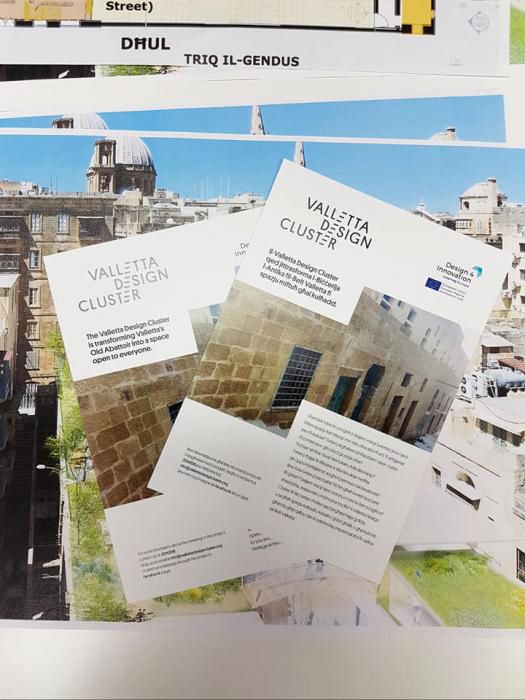The Design4Innovation project set out to help SMEs become more competitive by investing in design to develop innovative, environmentally friendly, and profitable products and services. The project showed how businesses can adapt to delivering goods and services in a pandemic and post-pandemic Europe.
Interreg project - Design4Innovation: Helping SMEs become more competitive and innovative through design
- 01 June 2022
'The project opened opportunities for all partners and stakeholders to expand our network, and helped us see the interconnection between EU policies and this project’s outcomes on use of design for SMEs.'
The eight project partners from seven countries implemented SME support measures, while learning design methods themselves, to improve the services they offer to businesses and citizens. The Interreg project influenced policies and led to new approaches and initiatives.
Bringing innovation to the market thanks to Interreg
The importance of design for businesses has become particularly relevant due to COVID-19 and the New European Bauhaus initiative, which seeks to combine aesthetics and sustainability in housing and cities.
Many SMEs lack the knowledge and capacity to systematically invest in design. Design4Innovation responded to that need by providing support, while avoiding admin-heavy solutions.
The project partners were government departments or agencies tasked with entrepreneurship and innovation development. The lead partner, PDR, is a design and innovation research institution set up by Cardiff Metropolitan University, UK, in 1994.
Definitions of design by project participants ranged from ‘an approach to problem-solving that can be applied to developing new products, new services and even new policies’ and ‘a way to bring innovation to the market’, to ‘the key element in the new circular economy’.
The work done included identifying the most innovative financial and non-financial SME support mechanisms and finding ways to make existing support programmes more user-friendly and effective. Monitoring and evaluation mechanisms were developed and plans for implementation drawn up.
Thanks to collaboration within Design4Innovation, three new Horizon Europe projects were developed: DestinationUX, Design Challenges Pilot and the Design Impact Observatory.
The project partners were encouraged to get involved in activities like DeuS, an Erasmus+ project on vocational education in design by the Valletta Design Cluster in Malta, or the establishment of the Hellenic Design Centre in Thessaloniki, Greece.
Design clusters and training programmes
The project resulted in the opening of the Valletta Design Cluster in Malta – a space for creatives and the local community that mobilised over EUR 5 million in ERDF investment.
A design voucher scheme introduced in Latvia in May 2020 helped 50 SMEs adapt to the new reality of delivering products and services in a COVID-19 world.
New and improved design advisory services were introduced in Greece; Silesia, Poland; Flanders, Belgium; and Wales, UK. In Greece, 90 % of SMEs that benefited from design support introduced new products and services.
Educational and training programmes in Catalonia, Spain, promoted the circular economy. In Galicia, Spain, design trainings such as the REACCIONA programme were organised. The Spanish, Belgian and Polish partners conducted studies on the effectiveness of encouraging innovation through policies.
Total investment and EU funding
Total investment for the project “Design4Innovation” is EUR 1 624 774, with the EU’s European Regional Development Fund contributing EUR 1 363 764 through the “Interreg Europe 2014-2020” Cooperation Programme for the 2014-2020 programming period. The investment falls under the priority “Competitiveness of small and medium-sized enterprises”.

